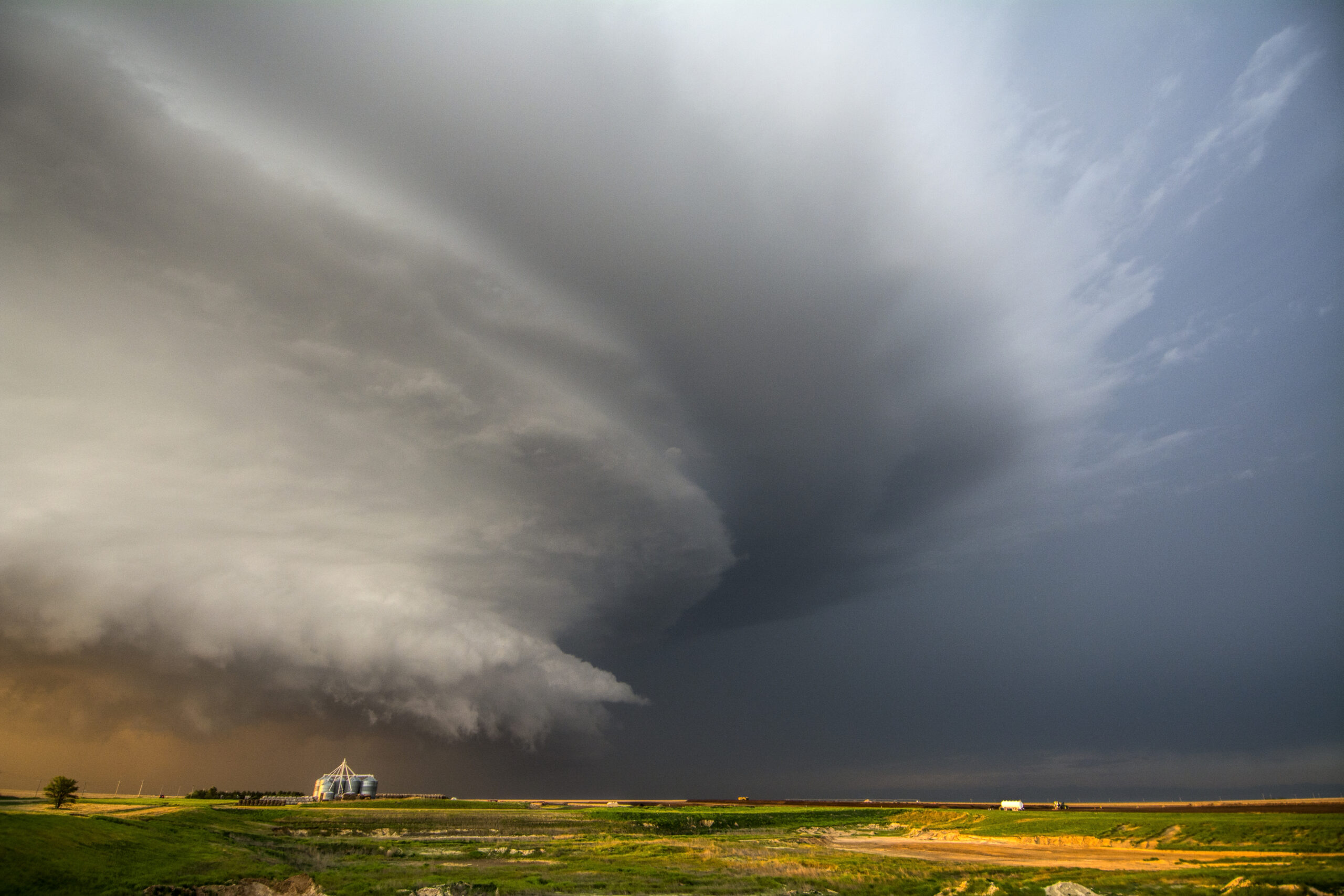Insurance is necessary for any property owner as it plays a critical role in protecting the property and the owner’s financial interest. In property and casualty insurance, there is a concept known as a valued law policy. These laws are designed to provide a clear and straightforward approach to claim settlements, ensuring that policyholders receive fair compensation when sustaining a covered loss. Although each state has varying statutes [find your state’s information], valued policy laws generally require that in the event of a total loss caused by a covered peril, the limit listed in the policy declarations shall be the dollar amount paid to the insured at the time of the loss.
What are Valued Policy Laws?
Valued policy laws are provisions enforced by the state that specifically address how insurers handle property claims in the event of a total loss. This provision is in reference to property insurance where the value of the covered property, which is agreed to in advance, is more than the amount of damage sustained in a total loss, then the insurer has no recourse to contest payment in full. Moreover, in most valued policy states, any policy provision inconsistent with the valued policy law is considered void.
Here’s a sample from Florida,
627.702 Valued policy law:
“(1)(a) In the event of the total loss of any building, structure, mobile home as defined in s. 320.01(2), or manufactured building as defined in s. 553.36(13), located in this state and insured by an insurer as to a covered peril, in the absence of any change increasing the risk without the insurer’s consent and in the absence of fraudulent or criminal fault on the part of the insured or one acting in her or his behalf, the insurer’s liability under the policy for such total loss, if caused by a covered peril, shall be in the amount of money for which such property was so insured as specified in the policy and for which a premium has been charged and paid.
(b) The intent of this subsection is not to deprive an insurer of any proper defense under the policy, to create new or additional coverage under the policy, or to require an insurer to pay for a loss caused in part by a covered peril and in part by a noncovered peril, paragraph (a) does not apply. In such circumstances, the insurer’s liability under this section shall be limited to the amount of the loss caused by the covered peril. However, if the covered perils alone would have caused the total loss, paragraph (a) shall apply. The insurer is never liable for more than the amount necessary to repair, rebuild, or replace the structure following the total loss, after considering all other benefits actually paid for the total loss.”
Total Property Loss
Valued policy laws are specifically relevant in the event of a total property loss, such as a fire or tornado. In the event of a covered peril, a typical insurance claim process would require a detailed damage assessment and repair estimate to determine the amount owed to indemnify the property owner. However, in a valued policy, the process is simplified by establishing a predetermined value of the property which in the case of a total loss, would be paid in full.
Policy Variations
It’s important to note that the specifics of valued policy laws may vary from one jurisdiction to another [find your state’s information]. Some regions may have explicit regulations that mandate the use of valued policies for certain property types, and others may leave it to the discretion of insurers and policyholders.
Challenges and Controversies
While valued policy laws offer a streamlined approach to claims settlements, they aren’t without their own challenges. Many insurers argue that predetermined values have the potential to lead to overcompensation on claims, specifically if the property has decreased in value since the policy was applied. However, much can be said in regard to providing policyholders with the reassurance that should a catastrophic event happen, they will be compensated appropriately and readily.
Understanding the nuances of valued policies empowers policyholders to make informed choices when selecting insurance coverage, and it prepares them for the challenges that may arise in the aftermath of a loss. As the insurance industry continues to change, the role of valued policy laws in providing financial security and stability remains a critical aspect of risk management
- Services
-
-
-
Insurance Claim Types
-
-
- Resources & Support
-
-
-
Insurance Claim Support
-
-
- About Us
-
- Insurance Claim Help







